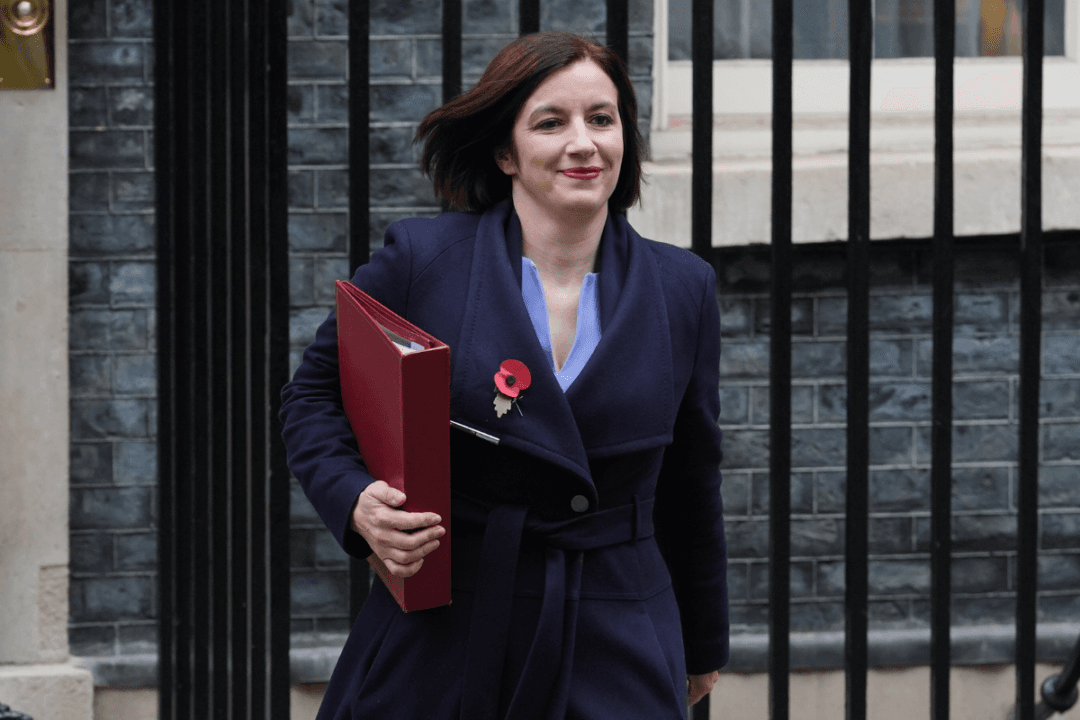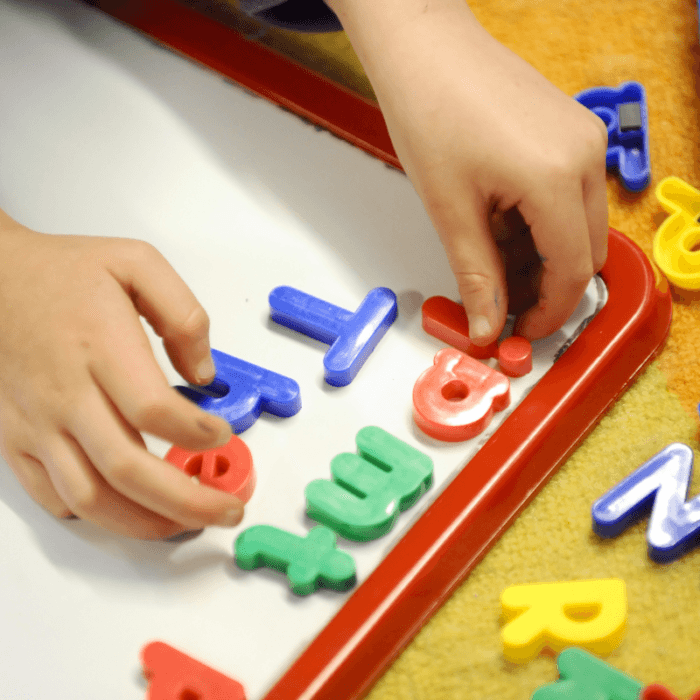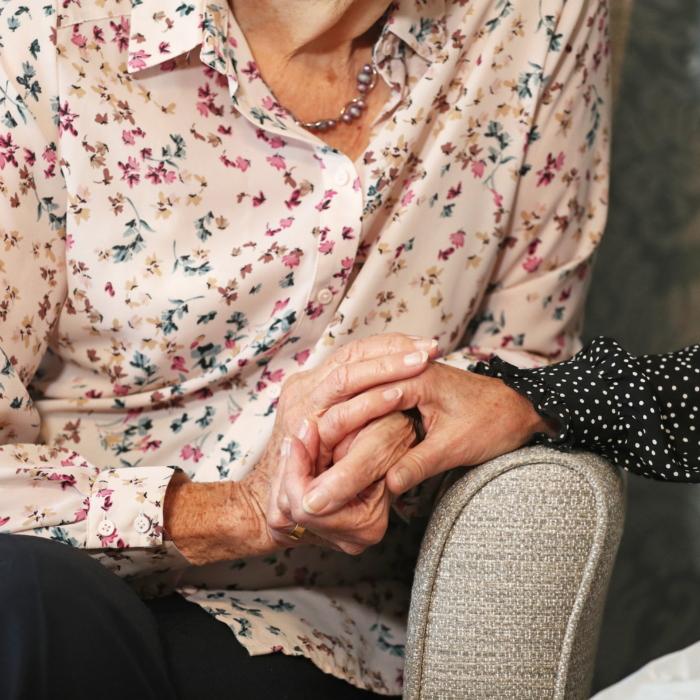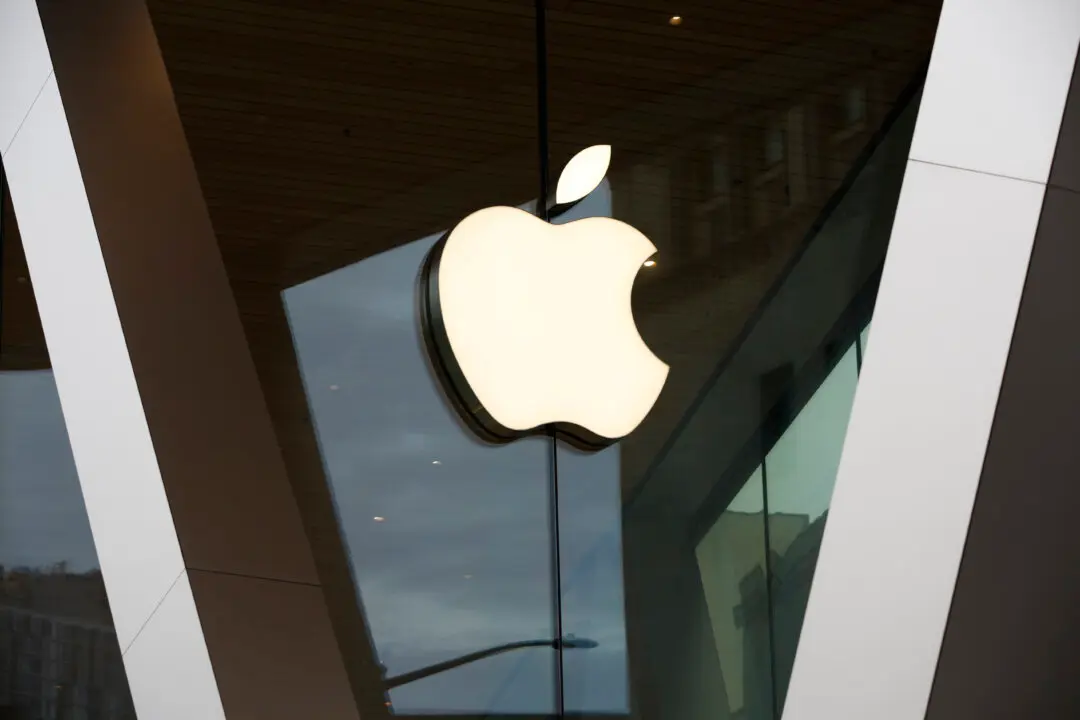An overhaul of children’s social care will clamp down on “exploitative” providers and increase transparency around their finances, the government has announced.
Education Secretary Bridget Phillipson hailed the new range of reforms, adding they will “end years of neglect of the children’s social care support system.”
It comes as local government spending on children in care rose from £3.1 billion in 2009–2010 to £7 billion in 2022–2023.
There are now over 1,500 children in placements, with each case costing the equivalent of over £500,000 every year. Meanwhile, the largest 15 private providers make an average of 23 percent profit, according to figures by the Local Government Association.
The government said on Monday that some private providers are “siphoning off money,” making “excessive profits,” or running unregistered homes that don’t meet the right standards of care. The reform package is set to ensure transparency in the providers’ spending, with Ofsted given new powers to hold them accountable.
The watchdog will be able to issue civil fines to providers and investigate companies that run multiple homes. This comes in response to recommendations made following abuse uncovered at the Hesley Group of children’s homes.
‘Years of Drift and Neglect’
A “backstop” law will be introduced to cap the profits that care providers can make. This legislation will be enacted if providers do not voluntarily reduce “excessive” profits.More broadly, the government seeks to shift the focus towards early intervention, ensuring families have a legal right to participate in decisions regarding children entering care. By providing timely support, the government hopes to reduce the number of children entering the care system and promote more stable family environments.
Commenting on measures to clamp down on “exploitative” children’s care providers, Phillipson said in a statement: “Our care system has suffered from years of drift and neglect. It’s bankrupting councils, letting families down, and above all, leaving too many children feeling forgotten, powerless and invisible.
“We want to break down the barriers to opportunity and end the cycle of crisis through ambitious reforms to give vulnerable children the best life chances – because none of us thrive until all of us do.
“We will crack down on care providers making excessive profit, tackle unregistered and unsafe provision and ensure earlier intervention to keep families together and help children to thrive.”
Dame Rachel de Souza, the children’s commissioner for England, expressed support for the reforms, saying: “Children are paying the price of a broken social care system that allows profits over protection.
Deprivation of Liberty Orders
The announcement of reforms to children’s social care coincided with a new report by the Children’s Commissioner on challenges facing children deprived of their liberty by courts.The report found that while some children are in appropriate accommodations, many live in highly unsuitable housing, including illegal children’s homes, Airbnbs, or on hospital wards while awaiting discharge.
These children’s basic rights are “too often being ignored” by a system that prioritises profit-making over protection and allows decisions to be dictated by local resources, De Souza said.
She urged the government to provide “radical investment” to create new and safe accommodations for children who live with trauma and at risk of harm. The commissioner also called for stronger legislation to give transparency on decision making in this area and for children to have a stronger say in the process.
An oversight from a judge to ensure local authority decisions are reviewed every three months is also necessary, De Souza said.
The government’s set of reforms is set to break down the barriers faced by children who have been deprived of their liberty, Phillipson said in a statement.







